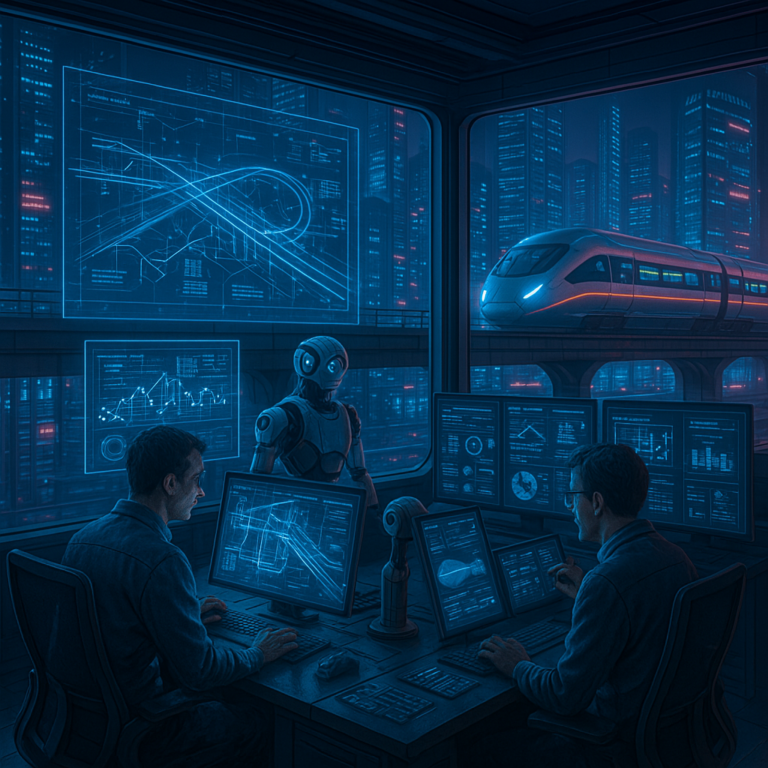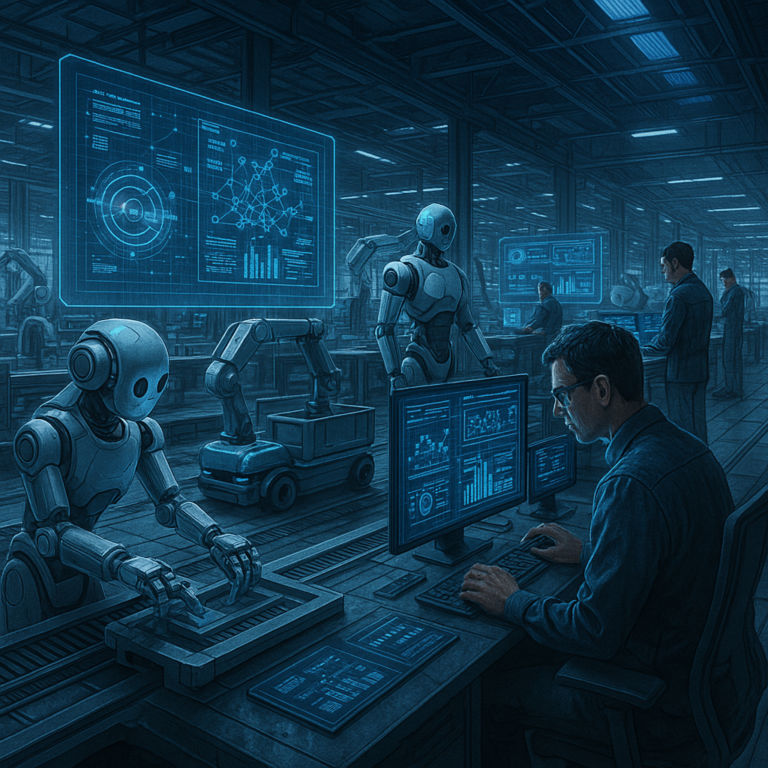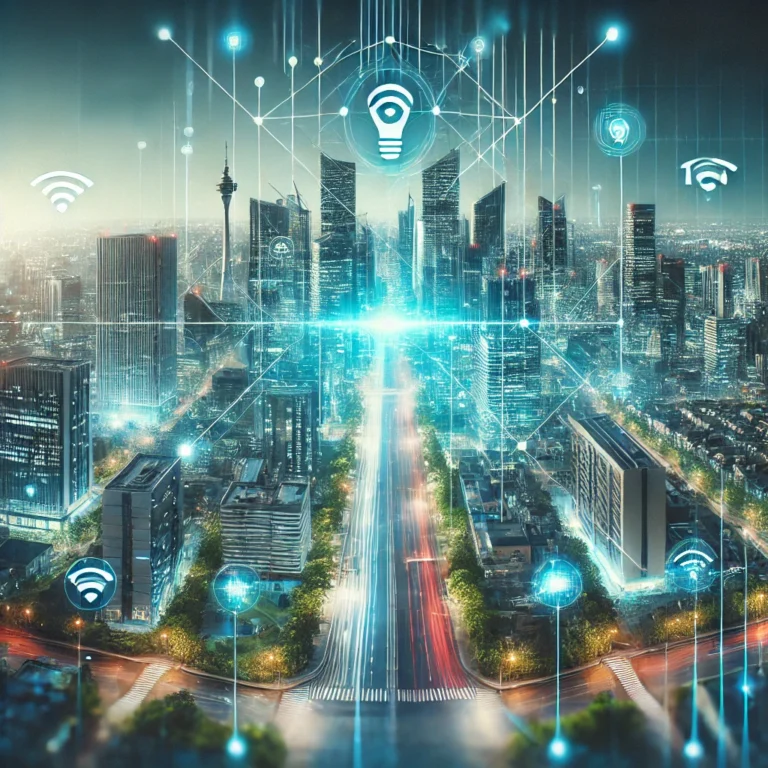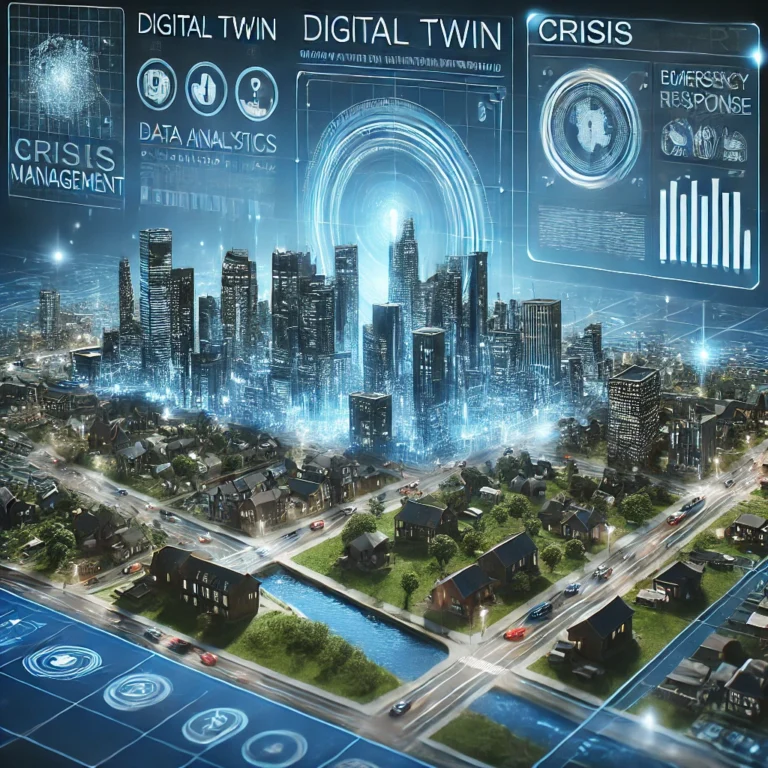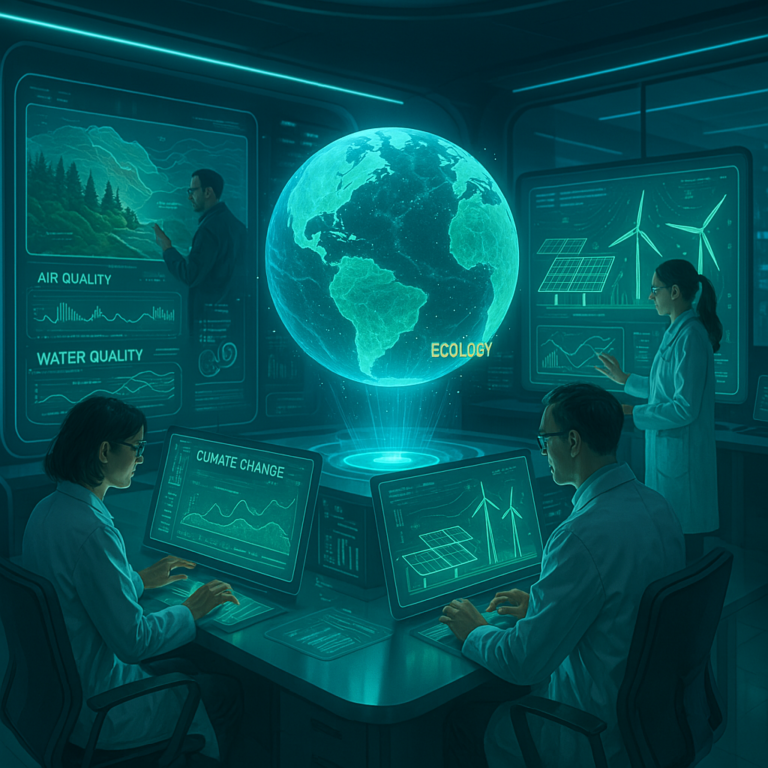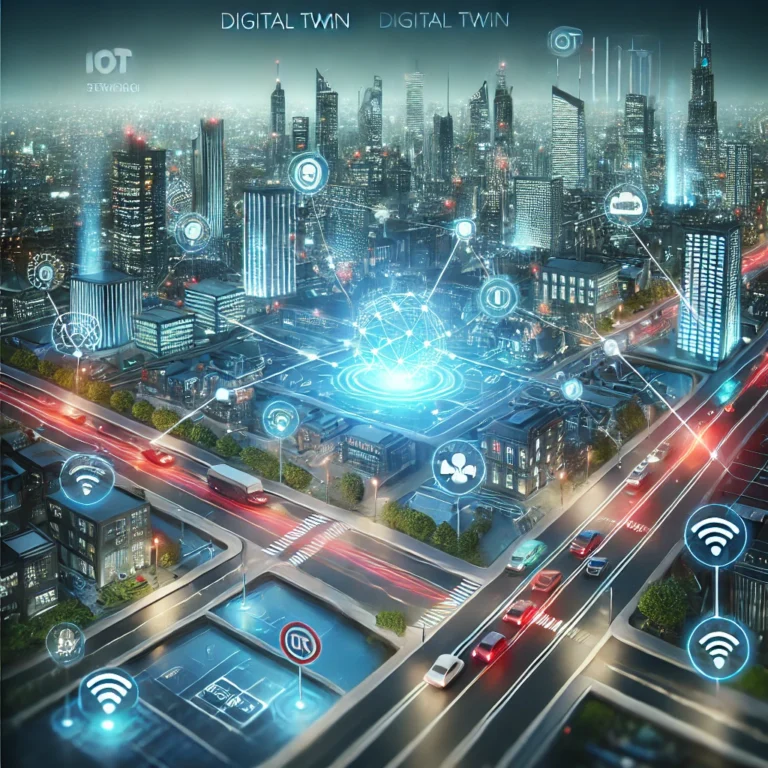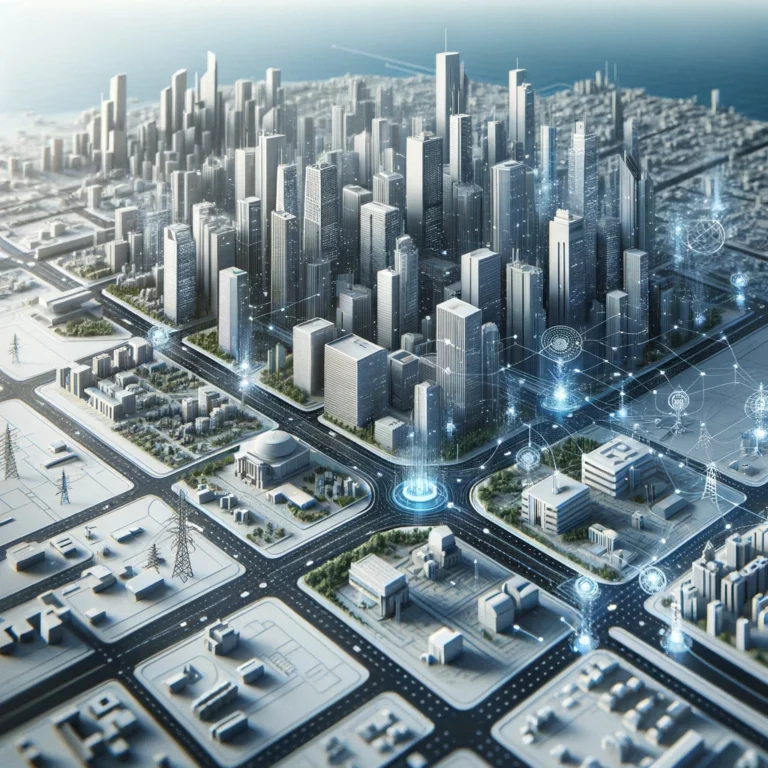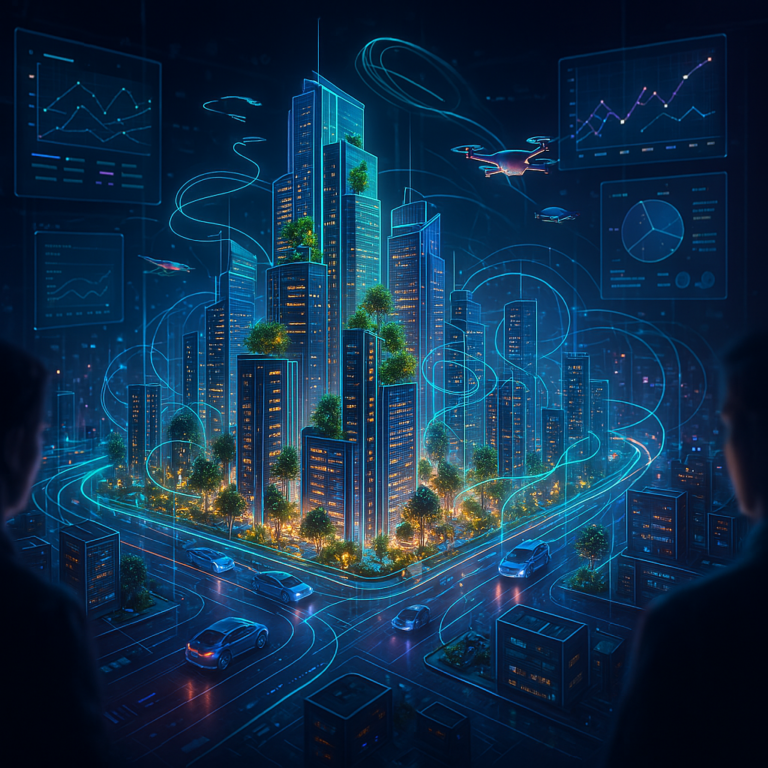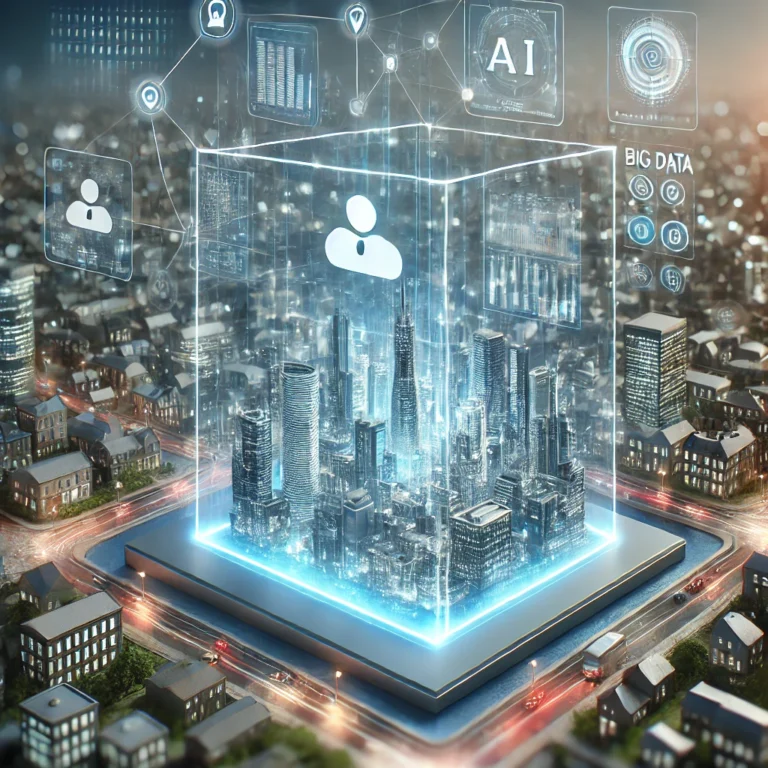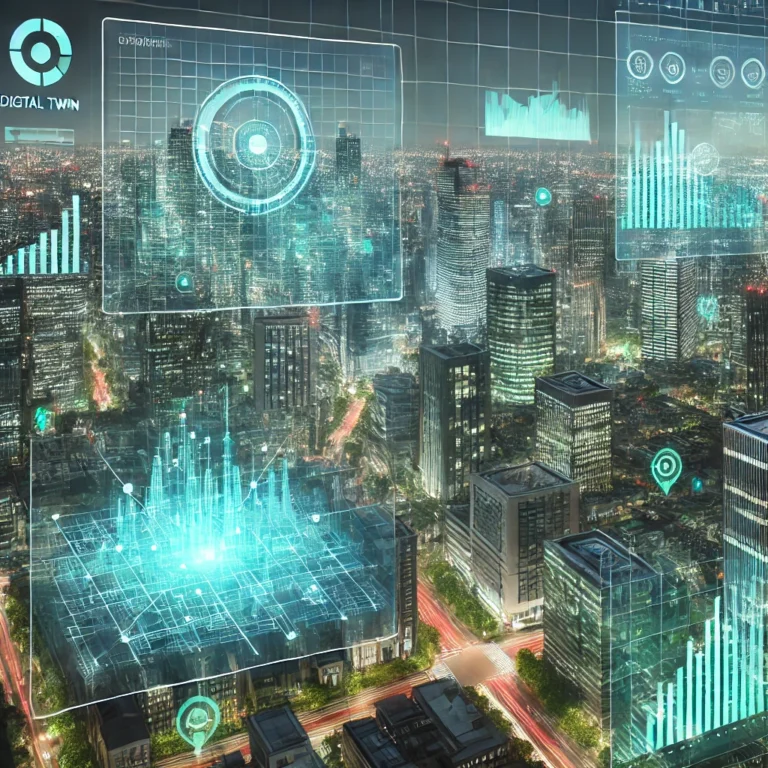The advancement of technology and increasing urbanization make efficient rail system management essential. Traditional methods struggle to handle complex infrastructures. Digital twin technology addresses this challenge, enabling smarter management. It creates a virtual replica of physical systems, which helps optimize processes and strengthen decision-making.
What is a Digital Twin?
A digital twin is an advanced technology used to create a digital model of physical assets. It relies on sensors and IoT devices to provide real time data. This technology allows for predictive maintenance, real time analysis, simulations and system optimization.
Benefits of Digital Twin Technology in Rail Systems
Improving Efficiency and Optimization
Digital twin technology analyzes real time data from rail system components. It evaluates factors such as train routes, stations, and passenger density. Based on this, it optimizes trip frequency and energy consumption. Ultimately, system efficiency is enhanced.
Autonomous Maintenance and Early Fault Detection
Maintenance in rail systems is often costly. Digital twins detect potential faults early through sensor data. This improves maintenance efficiency and prevents failures. As a result, the system remains operational without interruptions.
Enhancing Passenger Experience and Comfort
Digital twins also enhance passenger experience. Real time data helps optimize waiting times, crowd density, and train occupancy. Passengers can enjoy a more comfortable and convenient journey.
Energy Efficiency and Sustainability
Energy use is a significant cost in rail systems. Digital twins analyze energy consumption and eliminate waste. This leads to a more sustainable transport model and minimizes environmental impact.
Conclusion: The Future of Digital Twin Technology
Digital twin technology offers smarter and more efficient management of rail systems. With benefits like improved operational efficiency and passenger satisfaction, this technology will become an integral part of future rail systems.


